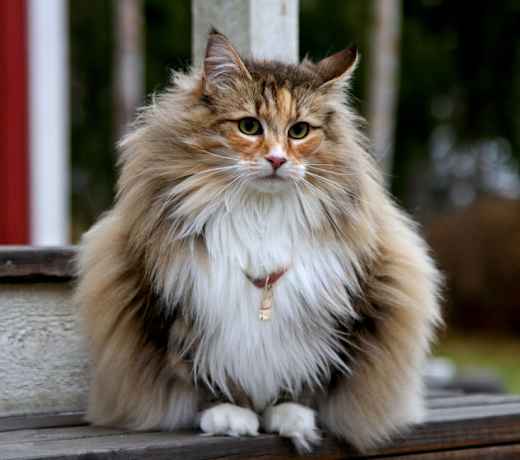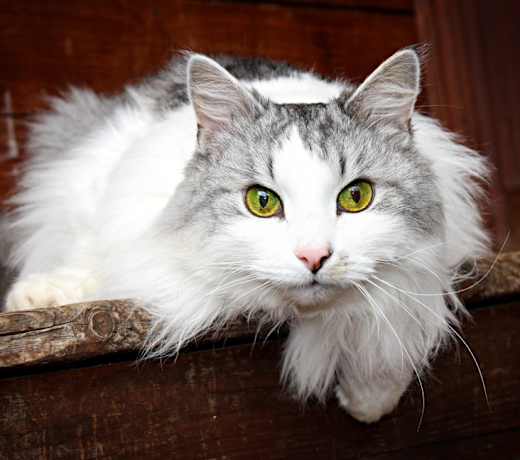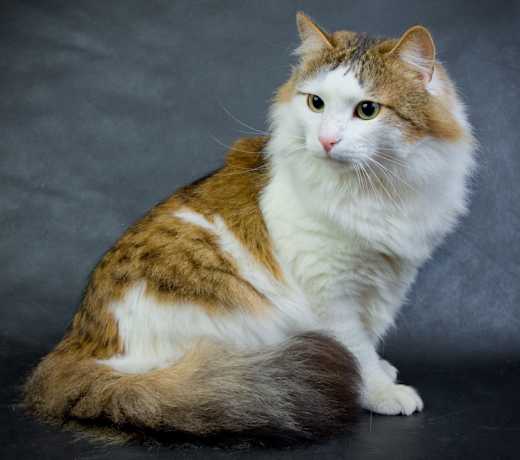The easiest way to adopt a Maine Coon is through a rescue that specializes in Maine Coons. A great place to start is doing a breed search on Adopt a Pet. The search will show you all the available Maine Coons in your area.
Adopt A Maine Coon
11 available Maine Coons near you

Thomas
Maine Coon
Male, 5 yrs
Sherman Oaks, CA
Spayed or Neutered
Shots are up-to-date
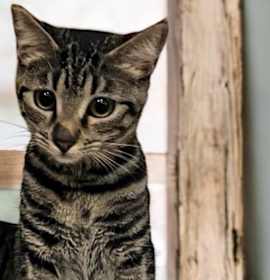
Lanie
Maine Coon
Female, 1 yr 4 mos
Los Angeles, CA
Good with dogs
Good with cats
Shots are up-to-date

Fozzy Bear
Maine Coon
Male, young
Sherman Oaks, CA
Needs experienced adopter
House-trained
Spayed or Neutered
Shots are up-to-date

Mama Tabitha
Maine Coon Domestic Mediumhair
Female, 5 yrs 8 mos
Los Angeles, CA

Jazmine
Maine Coon Domestic Mediumhair
Female, 2 yrs 4 mos
Pasadena, CA

Mango
Maine Coon
Male, 4 yrs 2 mos
Monrovia, CA
Spayed or Neutered

Moonlight
Maine Coon
Male, young
Westlake Village, CA
Not good with dogs
Good with cats
House-trained
Spayed or Neutered
Shots are up-to-date
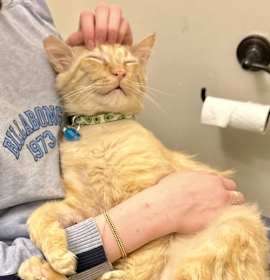
Smiley
Maine Coon
Male, adult
Long Beach, CA
House-trained
Spayed or Neutered
Shots are up-to-date
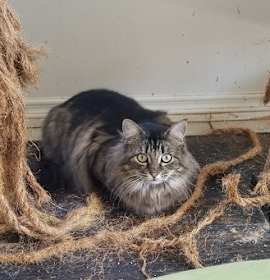
Mia
Maine Coon
Female, adult
Buena Park, CA
Good with cats
Spayed or Neutered

Randall
Maine Coon
Male, adult
Buena Park, CA
Spayed or Neutered

Steve
Maine Coon Domestic Longhair
Male, 12 yrs 1 mo
Tustin, CA
Search for Maine Coon kittens and cats
Find adoptable Maine Coon by Beverly Hills, CA
Animal shelters near Beverly Hills, CA
Adopting a Maine Coon
Frequently asked questions about acquiring an Maine Coon - the pros and cons of adopting versus going through a breeder, and associated costs.
The cost of a Maine Coon cat can vary depending on the cat’s age, lineage, fur, eye color, pedigree, and even location. The cost of adopting a Maine Coon through a shelter is much lower than buying one from a breeder.
Adopting a Maine Coon from a shelter costs between $75 and $100
Buying a Maine Coon from a breeder can cost in the range of $800 to $2,000

